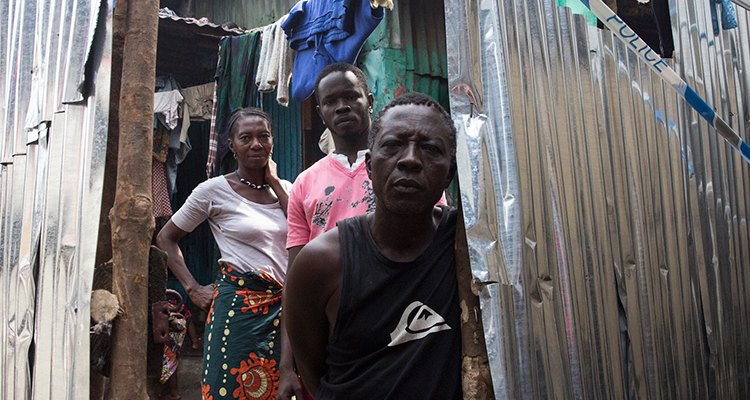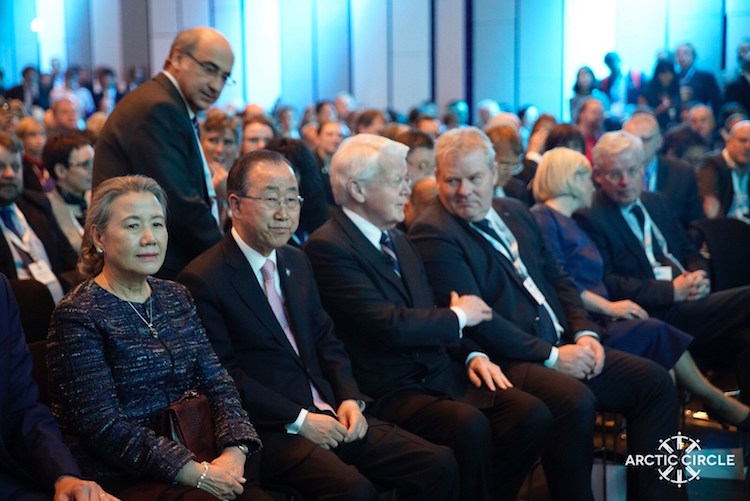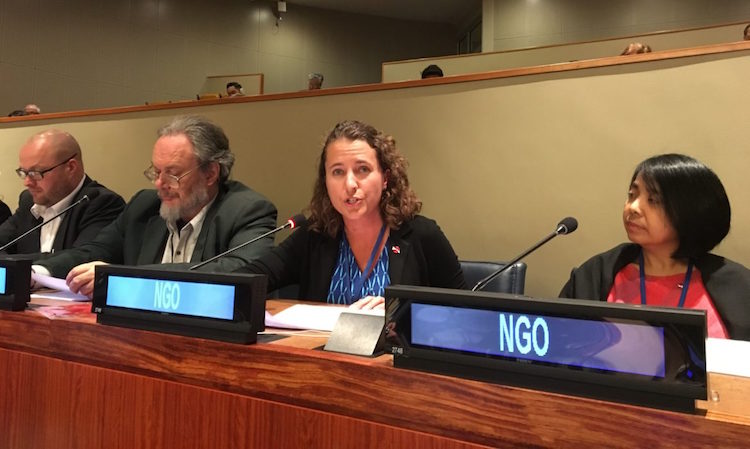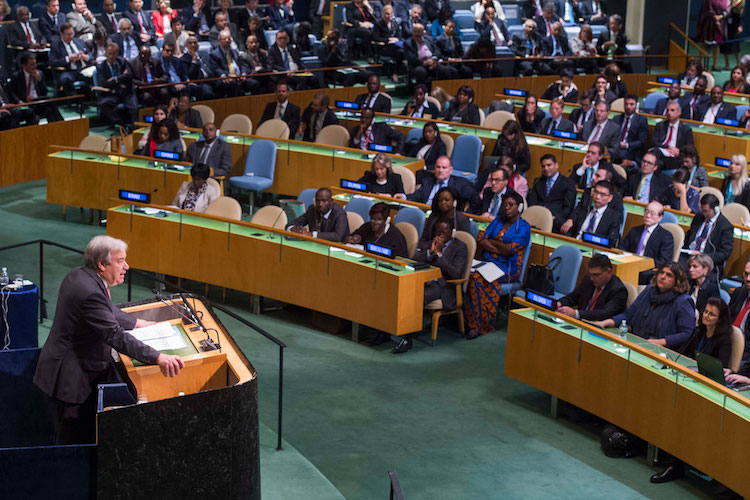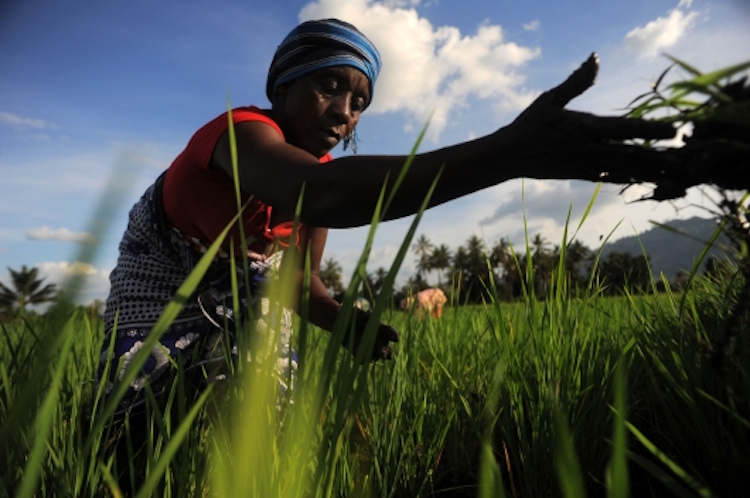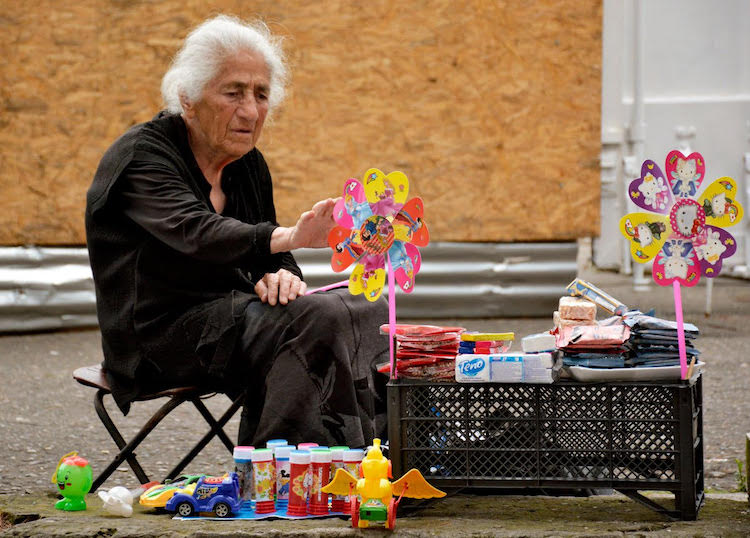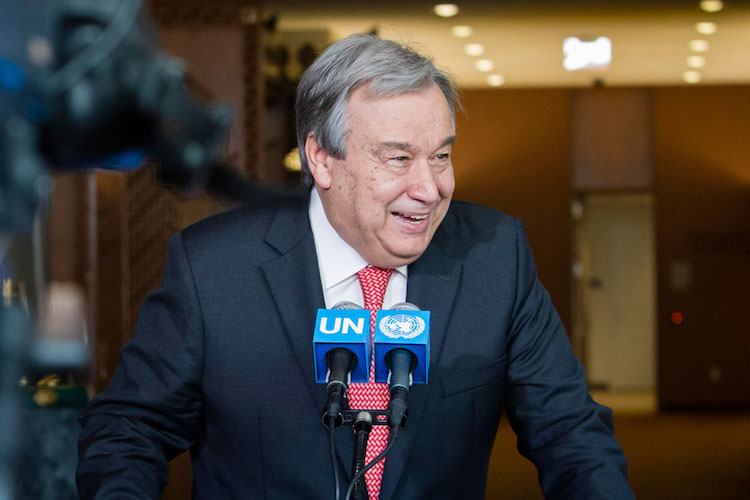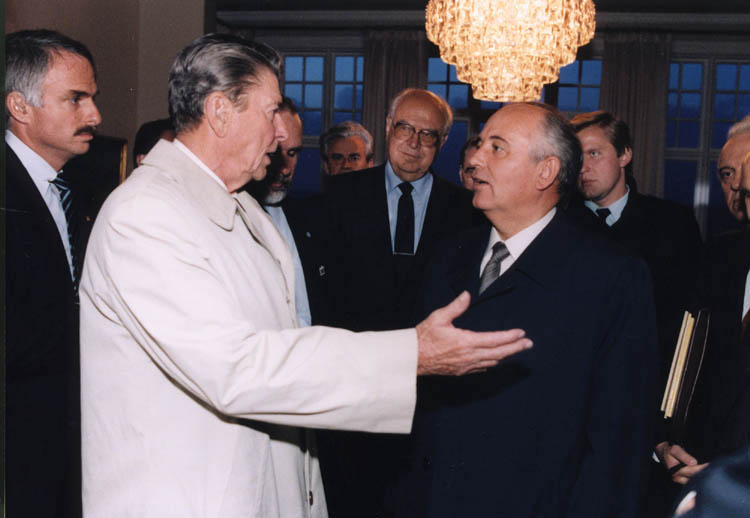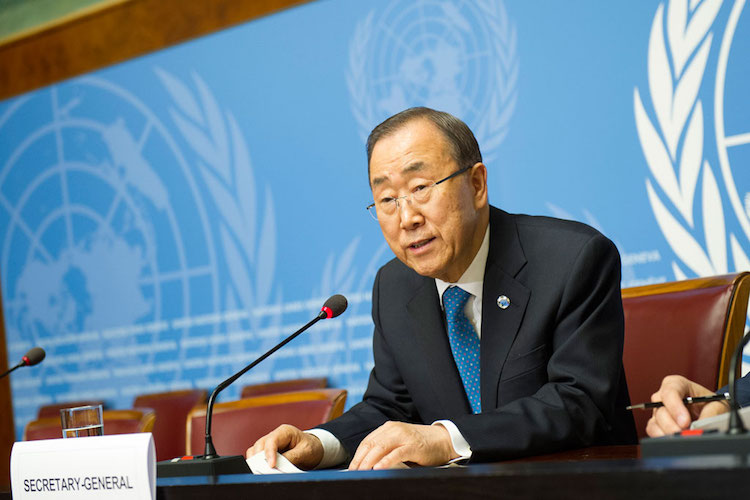By J Nastranis
NEW YORK (IDN) – Those in their late 20s but still living in poverty have been assured that the United Nations continues to have them on its radar. Though recent estimates show that despite significant gains since 2002 – the number of people living below the poverty line dropped by half – 1 in 8 people still live in extreme poverty, including 800 million people who do not have enough to eat.
An estimated 2.4 billion people have no access to improved sanitation, 1.1 billion people have no access to electricity and 880 million people live in urban slums. In fact opportunities continue to remain scarce for the world’s most vulnerable people – 59 million children of primary school age are out of school and the youth unemployment rate is 15 per cent, more than three times the rate of adults.

